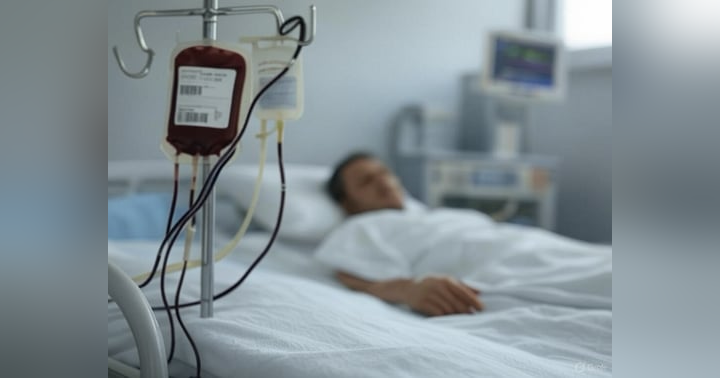Nov. 13, 2024
Journal Club: Pantoprazole vs Placebo

It is quite typical that we critical care physicians place patients who are on invasive mechanical ventilation on acid suppression to prevent stress ulcer bleeding. It is usual practice. This is because critically ill patients are at risk for bleeding from the upper gastrointestinal tract, especially if they are placed on invasive mechanical ventilation.
Yet, is there evidence that is actually does anything? Are we actually following evidence-based practice when we administer proton pump inhibitors to patients on invasive mechanical ventilation?
Indeed, there have been recent studies that have shown that proton pump inhibitors, which suppress the secretion of gastric acid in the stomach, do indeed decrease the risk of upper gastrointestinal bleeding, but they were also associated with an increased risk of death and increased risk of both ventilator-associated pneumonia and C difficile infections.
Enter this randomized trial published in the New England Journal of Medicine.
This was a multicenter, multihospital randomized trial that studied the effect of proton pump inhibition, specifically 40 mg of pantoprazole daily, versus placebo for stress ulcer prophylaxis in patients placed on invasive mechanical ventilation. They wanted to see if patients randomized to pantoprazole had less bleeding as the primary outcome. Secondary outcomes were mortality, C difficile infections, and ventilator associated pneumonia.
They found that the patients assigned to receive pantoprazole did indeed have less clinically significant bleeding (1% vs 3.5%). And there was no effect on mortality.


Interestingly, there was a greater percentage of patients who developed C difficile infections in the hospital, as the table above states, but it did not reach statistical significance. That is something to bear in mind. There was no difference, however, in rates of ventilator-associated pneumonia. Why would proton pump inhibition increase the risk of C difficile infection or ventilator-associated pneumonia? Stomach acid is the first line of defense against infection. Stomach acid has a pH close to 1.0, which will destroy any pathogen, including C difficile. When you suppress gastric acid secretion, raising the pH to about 4.0, you give pathogens such as C difficile to enter the GI tract and cause infection, and I am very glad they studied this here.
I like this study because it was conducted in multiple hospitals across multiple countries. It was a randomized trial, and it was controlled with placebo. This will definitely change my practice, in that I usually use H2 antagonists for stress ulcer prophylaxis. Now, I will use pantoprazole moving forward.
This was a great study, and it confirms that what we intensivists "normally do" with respect to stress ulcer prophylaxis does indeed have good, strong evidence behind it.
What Is A Blood Transfusion, Truly?
Many ICU patients suffer from anemia. Some are chronically anemic, and others develop anemia due to their acute illness (such as bleeding, for example). Multiple specialty societies have developed guidelines over when to transfuse red blood cells, a…
Death is Not a Failure
In my conversation with Dr. Elaine Chen of Rush University Medical Center, who is both an Intensive Care and Palliative Care physician, I asked her how being a Palliative Care specialist has helped her as a Critical Care physician. The thing that st…







